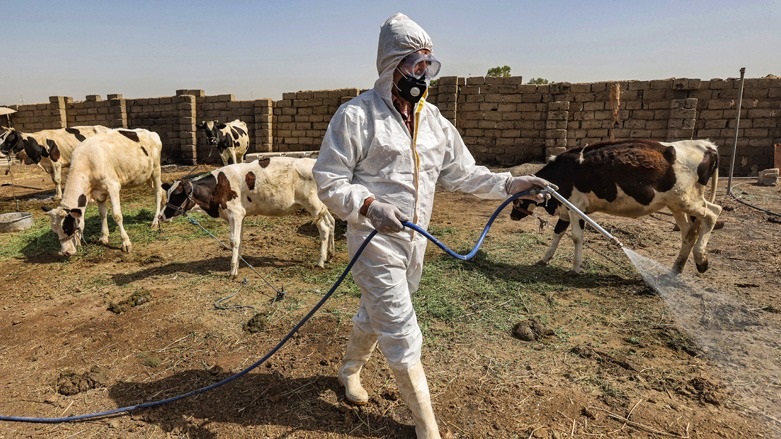KRG allocates over $1.3 million to combat Congo hemorrhagic fever

ERBIL (Kurdistan 24) – Kurdistan Region Prime Minister Masrour Barzani on Wednesday approved the allocation of more than $1.3 million (2 billion IQD) to the Ministry of Health for combatting the Crimean-Congo Hemorrhagic fever, which has killed 13 people to date.
The Kurdistan Regional Government (KRG) media department stated that the funding is intended to contain the tick-borne disease that transmits germs from infected animals to human beings.
The disease, which has so far killed 18 in the federal Iraqi provinces, is known to cause internal bleeding in infected patients who experience a range of symptoms, including high fever.
According to official figures of the Iraqi Ministry of Health, the virus, which has no known cure or vaccine, has spread to more than 115 people since January.
In a bid to contain the spread of the virus, the Kurdish Ministry of Agriculture has recently issued a number of measures, including quarantining animals imported from abroad.
The Iraqi Ministry of Health recently launched a disinfection campaign at farms. Random animal slaughtering without proper regulations is also cited by health officials as another reason behind the increase.
Animal-borne disease, however, is not a new health threat in the country. Iraq had witnessed an alarming increase of people infected with the virus since last year.
Lack of disinfectant sprays and staff shortages, coupled with random animal slaughtering on the streets, have been cited as the main drivers of increased infections.
